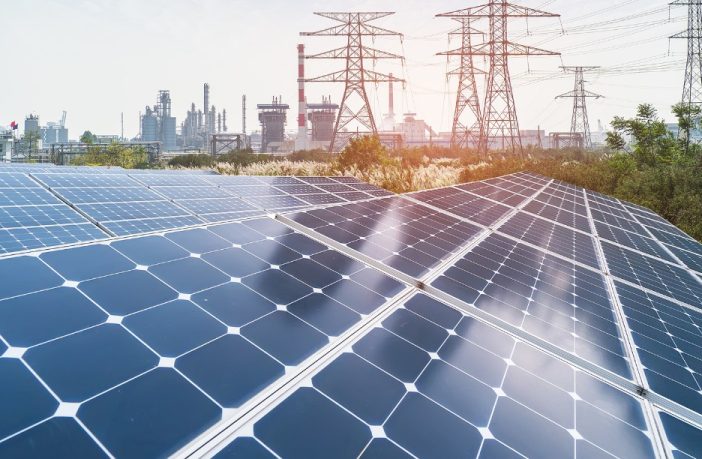Opinion
South Africa’s energy transition towards decarbonisation is marked by significant differences in normative aims and governance choices, suggesting contestation both over the scope and outcome of the transition process. In response to the energy crisis, government approved the Just Transition Framework, which sets the tone for the development of an action plan for the $8.5 billion Just Energy Transition Partnership between South Africa and some nations of the Northern Hemisphere (France, Germany, the European Union, the United Kingdom, and the United States).
President Cyril Ramaphosa also made sweeping changes in the regulatory space to fast-track the processes of approving new energy projects aimed at increasing generation capacity to the grid. These include increasing capacity procured through Bid Window 6 from 2600 megawatts to 5200 megawatts, allowing existing Independent Power Producers (IPPs) including mines and shopping malls to sell surplus power to Eskom, expediting processes to enable Bid 5 window projects to reach financial close statuses, total removal of licensing threshold for new generation projects and reducing timeframes associated with environmental approvals for new projects. These are all steps in the right direction, especially given the on-going problem of intermittent power cuts, which negatively impact South Africa’s social and economic life.
It should be noted, however, that the deployment of renewables, even at their full operationalisation will not meet South Africa’s energy needs, more so in the short to medium term. Therefore, South Africa’s energy transition commitments will require a sensible approach that does not compromise the country’s “energy security” and ultimately, its “development agenda”. Issues such as unemployment, poverty, and inequality cannot be ignored, and government should by all means necessary, avoid the one-size fits all approach to energy transition that is not cognisant of South Africa’s objective realities. This is not to suggest that South Africa should remain locked into fossil fuels, but rather take a sensible and sensitive approach. This entails a balanced approach of ensuring energy security for development purposes vis-à-vis the need to decarbonise.
According to the Department of Mineral Resources and Energy, 80% of South Africa’s electricity is generated through coal, and while government escalates efforts to mitigate the impact of climate change, factors such as the country’s dependence on coal for baseload, energy security, revenue generation, and employment creation by the coal mining and energy industries cannot be ignored. As things stand, South Africa’s expanded unemployment rate stands at 46% of the labour force, and the loss of many jobs in the coal sector due to the energy transition will further exacerbate the country’s unemployment crisis. Latest statistics indicate that the coal sector employs roughly 89 548 people, which is 20.48% of total mining industry employment of about 437 288. The numbers highlight the importance of coal not only as source of energy but also as a key employment creation driver.
Furthermore, the energy transition must also pay attention to the realities of coal mining towns, whose economic activities and employment creation are centered around coal mining. There is thus a need to ensure that while the country implements energy transition, such towns and communities are offered support not only through skills development, but also putting in place plans to repurpose and introduce new economic activities in these towns and communities – something which is most likely to take years to achieve.
Ultimately, as necessary as the idea of transitioning to renewables is, government will be committing a huge mistake by rushing to discard coal, especially without first putting in place proper alternatives. What this essentially means is that government must not get carried away and jump the gun without fairly assessing the domestic realities confronting the country. It also means that the pace and timing of the energy transition must not only be guided by environmental concerns but must also consider the broader socio-economic implications for the country. Put simply, government must ensure that the cost of energy transition does not outweigh its benefits, to avoid compromising South Africa’s energy security and development agenda. By taking the holistic and objective approach, government will ensure that the entire process of the energy transition becomes just, fair, and indeed, leaving no one behind.
Author: Robert Kgako
Robert Kgakoa is a Public Policy and Research intern at Frontline Africa Advisory.
Disclaimer: The articles and videos expressed in this publication are those of the authors. They do not purport to reflect the opinions or views of Green Building Africa, our staff or our advertisers. The designations employed in this publication and the presentation of material therein do not imply the expression of any opinion whatsoever on the part Green Building Africa concerning the legal status of any country, area or territory or of its authorities.















